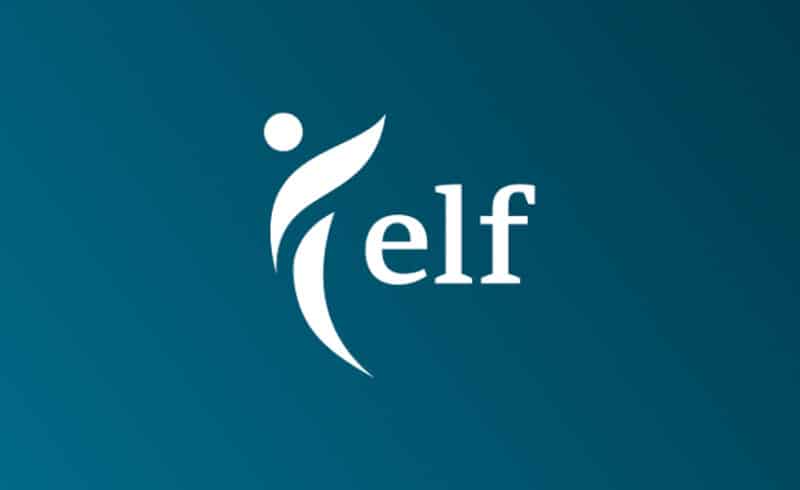Research Areas
The Policy and Research Unit of the European Liberal Forum aims to deliver timely, evidence-based and policy-relevant research that enriches our understanding of the social and economic conditions in Europe. With our future-positive work we deliver policies that can inform policymakers and influence impactful decisions at national and European levels. The Policy and Research Unit submits the following three research areas and a range of specific topics for the next year.

